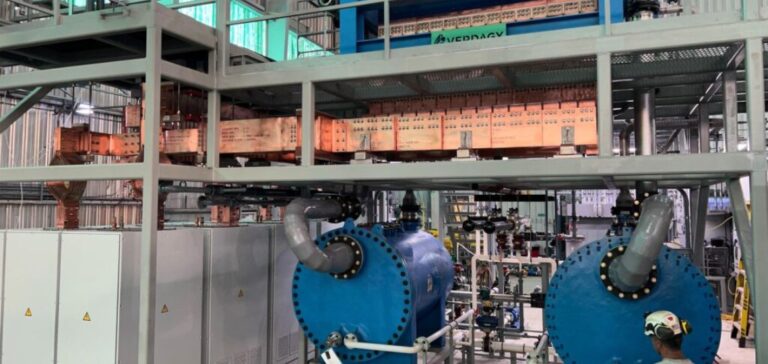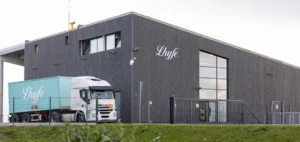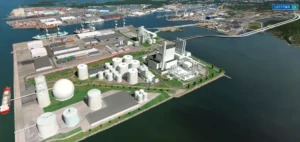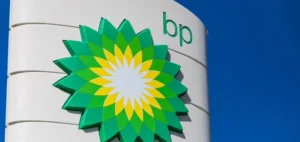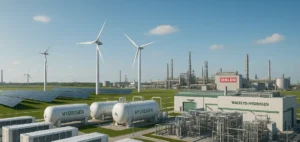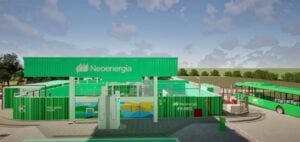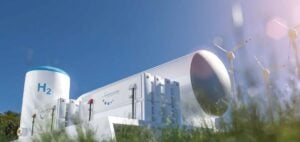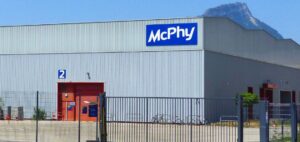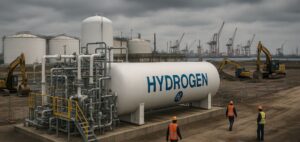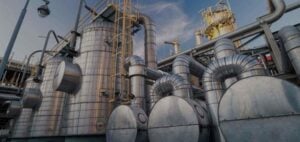Verdagy, a company specializing in clean hydrogen electrolysis, announced that it has chosen Black & Veatch, a global engineering, procurement, consulting, and construction company, to conduct the front-end engineering design (FEED) study for its 60-megawatt (MW) clean hydrogen plant located near the Gulf Coast in Texas. The project aims to produce more than 9,000 tons of hydrogen per year. The completion of the FEED study is scheduled for May 2025, followed by a final investment decision (FID) in July 2025.
The project will use Verdagy’s eDynamic® electrolyzers, which offer the widest dynamic operating range in the industry. This technology will enable hydrogen production to adapt to fluctuations in the ERCOT (Electric Reliability Council of Texas) grid, improving grid resilience and maximizing hydrogen production. The electrolyzers meet the European Union’s RED III regulation and the U.S. Treasury’s criteria for clean energy investments. They are designed and manufactured in the United States, contributing to job creation across the entire domestic supply chain.
Rahul Bammi, President of Verdagy, stated: “This project will result in more than $150 million in investments in Texas, which will strengthen U.S. energy exports and support job creation. It will also serve as a precursor to other projects with a total capacity exceeding one gigawatt in the state.”
Anand Pattani, Vice President and Managing Director at Black & Veatch, highlighted his company’s experience in infrastructure projects, particularly in hydrogen. “We are excited to work with Verdagy on this project, which will help develop the U.S. energy industry and increase U.S. hydrogen exports,” he added.
A strategic project for the hydrogen sector
The Verdagy project is part of a national strategy to increase clean hydrogen production in the United States. The country aims to become a key player in the international hydrogen markets, particularly in Europe, where demand for decarbonized solutions continues to grow. Aligning the project with international regulations, such as RED III, will ensure increased competitiveness for U.S. hydrogen on the global market.
Verdagy’s electrolyzers, designed to accommodate fluctuations in energy produced by renewable sources such as wind and solar, meet the needs of the ERCOT grid while complying with strict environmental standards in both the U.S. and Europe. This development represents an important step forward for the sector, particularly for decarbonized hydrogen, which is a key element of the energy transition.
Local economic impact and job creation
This project also represents a significant lever for the Texas economy. With an estimated investment of over $150 million, it will promote job creation in the clean energy sector and in the manufacturing of hydrogen-related technologies. In addition to its contribution to hydrogen production, the plant will support efforts to enhance the competitiveness of the U.S. energy sector, particularly through hydrogen exports.
Texas, already a key player in the energy industry, will benefit from this investment to diversify its energy portfolio. The project will also support local infrastructure in gas storage and processing and contribute to the development of new technologies in the renewable energy sector.
Strengthened cooperation between private and public sectors
The collaboration between Verdagy and Black & Veatch reflects a model of cooperation between private companies and public initiatives in the hydrogen sector. Local and national governments are actively supporting clean energy projects, particularly those aimed at producing decarbonized hydrogen. By integrating advanced technologies such as eDynamic® electrolyzers, companies are helping to achieve national energy goals while responding to market demands.
This project is also expected to serve as a springboard for similar initiatives as part of a national strategy to increase clean hydrogen production facilities across the United States.

